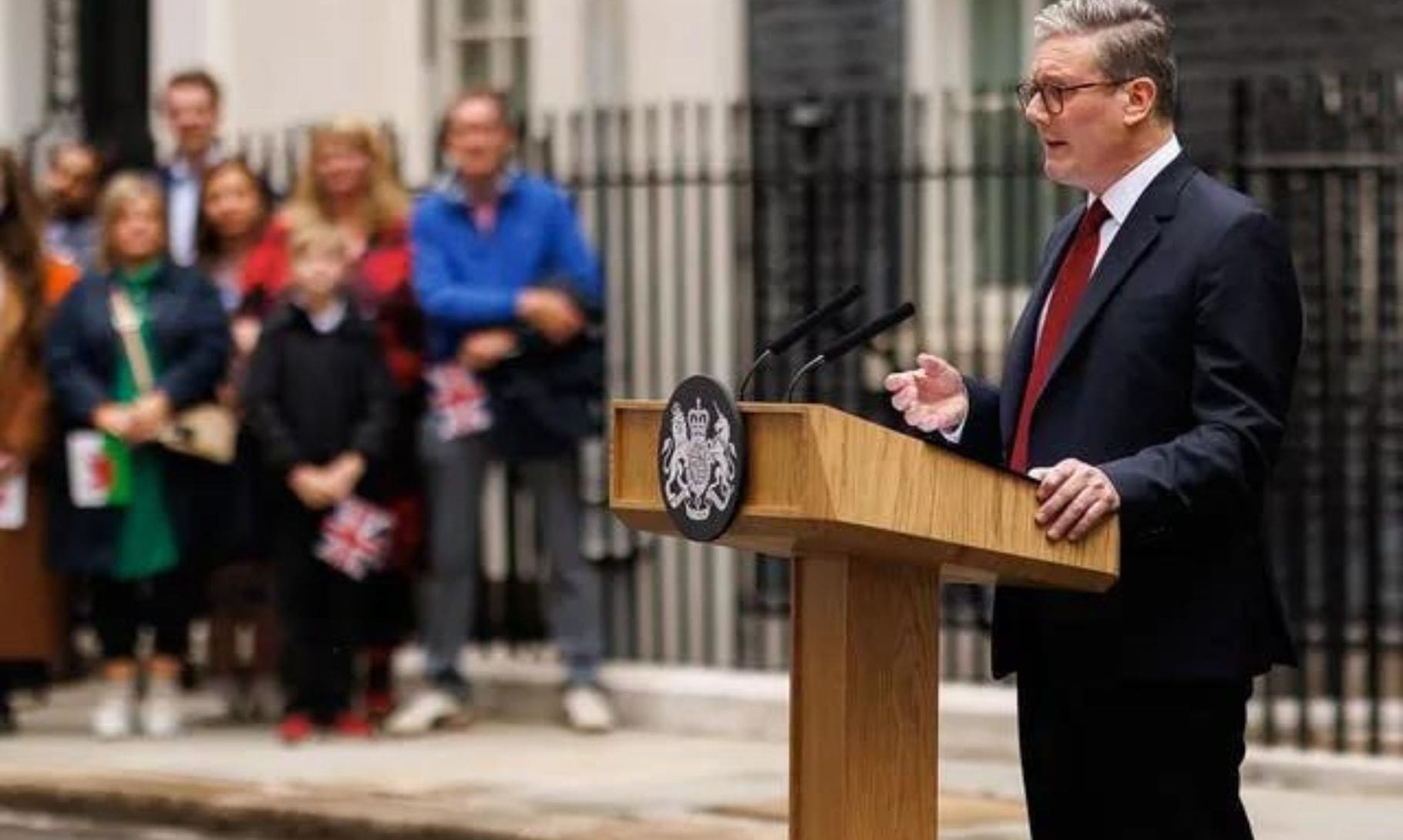
The UK government, led by newly elected Prime Minister Keir Starmer, is dealing with a serious problem of overcrowded prisons. They’re considering releasing some offenders earlier than planned—after they’ve served 40% to 43% of their sentence—to ease pressure. This comes as the prison population has nearly reached capacity, with over 87,505 inmates against an official limit of 88,895.
Former Prime Minister Rishi Sunak’s government even resorted to using police cells to house prisoners due to the overcrowding crisis. Starmer, addressing the issue, emphasized the ongoing need to release prisoners early because there aren’t enough jail spaces.
To tackle these challenges, Starmer appointed James Timpson as the new prisons minister. Timpson, known for advocating rehabilitation and employing former prisoners, suggests that many people in prison may not need to be there—a perspective that influences discussions on criminal justice reform.
The government is weighing options carefully, including who qualifies for early release, focusing on excluding offenders convicted of serious crimes like sex offenses, violence, or terrorism. These decisions are critical as they shape how the UK manages its prisons and addresses concerns about public safety and justice.
In the broader context, this debate raises questions about the effectiveness of prison as a deterrent or a means of rehabilitation. As the government navigates these issues, its decisions will likely influence future policies on crime and punishment under Starmer’s leadership.















